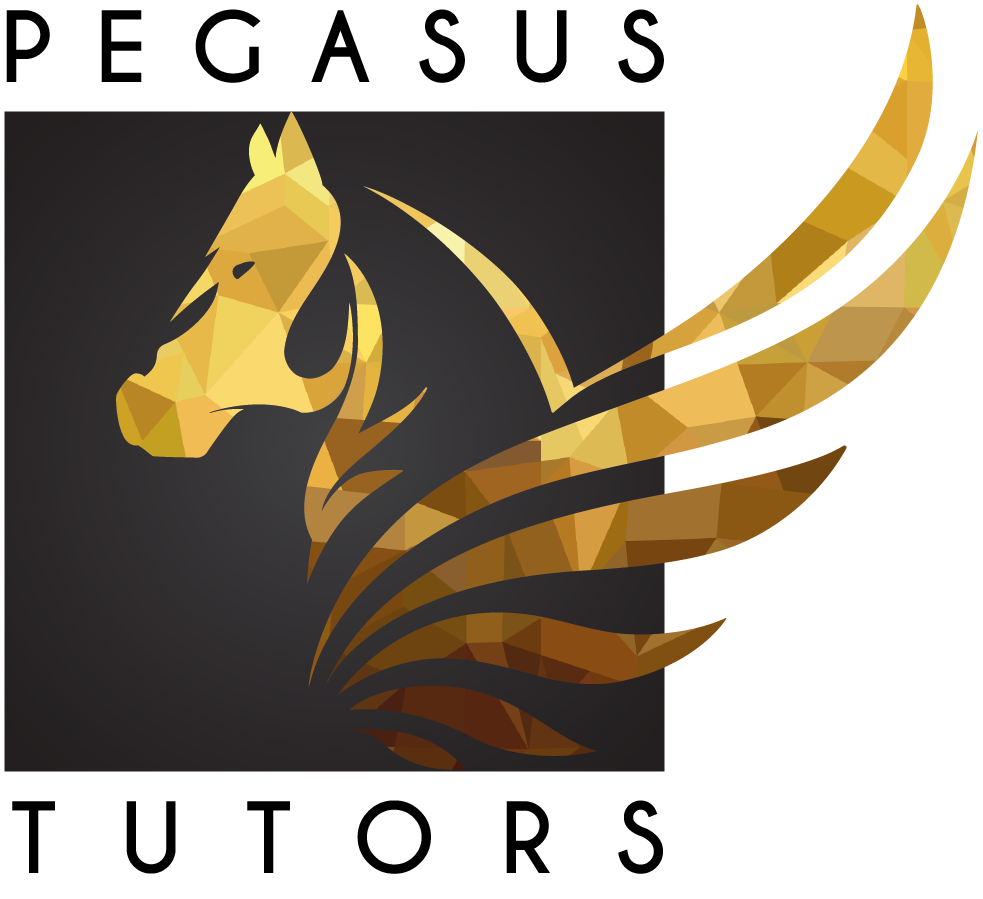Robin
School:
Eton College
University:
University of London
BA in English Literature (2:1)
University of Leeds
MA in English Literature (focus, travel writing)
Teaching history:
2011-Present: Tutor in English Language and Literature for Ivy Tutors and Bonas McFarlane in London. Specialist in 11-plus ISEB preparation (though can teach up to A-level). Have got students into Eton (two brothers), Wellington, Winchester, Tonbridge, Radley etc., and provide brief but effective interview preparation here as well.
2018-2022: Teacher at Context School, Rostov-on-Don. ELT and Teacher Training.
2020-2021: Teacher of Language and Literature at KEO School, Rostov-on-Don. Weekly teacher training.
Summers 2010-2019: Summer pre-sessional courses at Universities of Westminster, Middlesex, Queen Mary University and UEA. Focus on speaking skills (presentations) and academic writing. Also, at Westminster, Adventures in Writing, creative writing course for non-native speakers, three summers running. At all universities I taught at least two years, barring Queen Mary, where I taught one year (2015) but was invited back for a second.
2019: 2-day course in British culture and poetry at University of Rostov.
2008-2018: Oxford House, Regent School and International House, London. Teaching general ELT, Business English, exam preparation (FCE, CAE, CPE and IELTS).
2005-2006: Teaching Summer Courses at British Council, Cairo.
1997-2006: British Councils and Universities in Estonia, Latvia, Lithuania, Belarus, Russia and Hungary - Teaching special compressed courses on Modern English Literature (speciality, Cold War writing, especially works of George Orwell).
1997-98: Estonian Institute of Humanities, Tallinn - Teaching Modern English Literature and Society (20th Century Poetry / Prose / Drama/ Social History: 1930-1965).
Teaching style and philosophy:
My philosophy of teaching is, really, that for a student to gain confidence in themselves – to the point that they see exams as places where they can go out and show the examiner what they can do – is probably the most useful thing they can gain. In English, I enjoy not only teaching students to ask the right questions of a text and use the right terms (these are the basics, I think), but to avoid simple box-ticking as well (eg showing them that a sentence like ‘there is assonance in this poem’ – which most students can write - is always going to be worth far less than a sentence like ‘the assonance in this poem creates a sense of slight uncertainty / conflict’ etc.) I also believe in being very systematic in building students up - to give one example, teaching the form of a long answer in a comprehension before we even think about the content. By which I mean, along with PEE, giving them key language like ‘this suggests / this seems to convey / this creates the sense that / we feel that / the atmosphere of the whole passage is… etc. Once they have mastered these things, it’s far easier for a student to think about the content, and this is a skill for life.
I will talk more about my philosophy in the short film – particularly two areas I find among the most helpful – but I can’t overstress the importance of asking questions to lead students to produce the answer themselves, and then praising them when they do. Many students – particularly ones whose parents are paying for tutoring – start with the assumption that they’re not up to scratch and realising that they’re much more intelligent and enterprising than they’ve previously assumed can be invaluable, and often the basis for them starting actually to enjoy a subject. I would say too my style is to try and be as rigorous as possible (the words ‘but is the text actually saying this? What does it actually say?’ seem to crop up in my classes a fair deal)). Demystifying things is also very useful, by which I mean that texts and questions often seem to come at certain students aggressively and bafflingly, and something in them shuts down in defence. Showing them how to examine it, calmly, and break it down, understanding that the answers they need are there if they approach it with the right methodical mindset, pays dividends.
I could go on ad nauseam about all this – I’ve been doing it quite a long while – but I hope this gives some inkling of my point of view.
Additional information:
I’m based in Shropshire and have paid for very fast internet here, so I teach exclusively online. Going back a long way, I trained and occasionally worked as an actor in my twenties (a lifetime ago). Going back in time rather less, have been a literature teacher (in Eastern Europe), and a website editor (on Eastern European culture). I lived in Spain for seven years and Russia for four, until war broke out in 2022, and speak both languages. When I’m not teaching, I write regularly for Spectator magazine, on Russia/Ukraine, politics and life subjects. Generally the pattern is, journalism in the mornings, teaching in the afternoons and evenings, and I’ve never found the two activities have conflicted with each other in any way. Also, as a result of this second strand, I’m very comfortable teaching creative writing, and have done so on several occasions. Apart from the odd walk down by the Shropshire canal, my time is pretty much taken up with these things, and with teaching my half-Russian daughter, who lives in Italy, English online.
